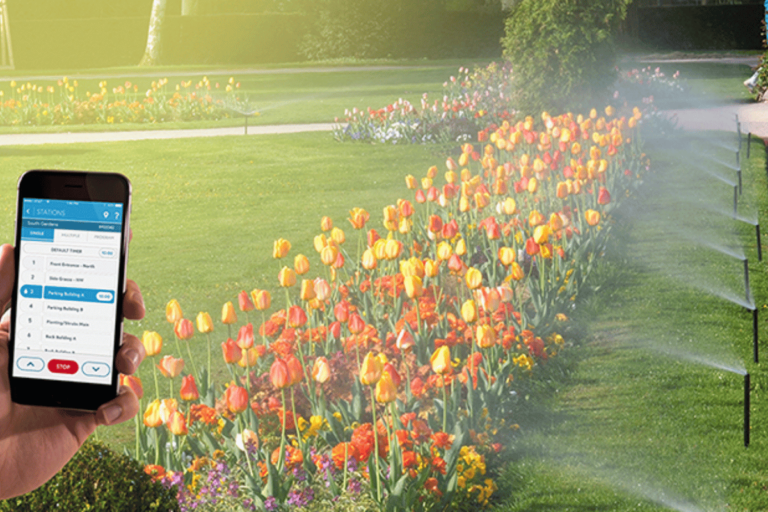Benefits of Smart Irrigation
Smart irrigation systems are designed to adjust water usage and improve the efficiency of garden watering. These systems use developed technology, such as sensors, timers, and weather data, to deliver the right amount of water to plants at the right time. The benefits of intelligent irrigation include water preservation, reduced utility bills, and healthier plants.
One of the significant benefits of smart irrigation is water saving. Innovative irrigation systems can use sensors to adjust watering schedules based on soil moisture levels, rainfall, and temperature. It prevents overwatering and ensures that plants receive the correct amount of water, reducing water waste and promoting sustainable gardening practices.
Intelligent irrigation systems can also save you money on your water bills. By using water more cost-effectively, you can reduce your overall water consumption and lower your utility costs. Additionally, intelligent irrigation systems can improve the health and growth of your plants by providing consistent and precise watering. It can make healthier, more productive gardens with fewer issues related to overwatering or underwatering.
Choosing the Right System for Your Garden
Selecting the right intelligent irrigation system for your garden includes considering factors such as garden size, plant types, and specific watering needs. Many intelligent irrigation systems include drip irrigation, sprinkler systems, and soil moisture sensors.
Drip irrigation systems deliver water quickly to the plant roots around a network of tubes and emitters. This highly efficient method reduces water loss due to evaporation and runoff. Drip irrigation is ideal for vegetable gardens, flower beds, and container plants. Look for systems with adjustable emitters and timers to customize the watering schedule for different plant types.
Sprinkler systems are suitable for more extensive lawns and garden areas. Smart sprinkler controllers make weather data and soil moisture sensors to adjust watering schedules automatically. These controllers can be programmed to water specific zones at different times, guaranteeing that each garden area receives the appropriate amount of water.
Soil moisture sensors measure the moisture readings in the soil and give real-time data to the irrigation system. When the soil moisture reaches a predetermined threshold, the system adjusts the watering schedule accordingly. Soil moisture sensors are ideal for gardens with diverse plant types and varying water needs.
When choosing an intelligent irrigation system, consider additional features such as smartphone compatibility, remote monitoring, and integration with other smart home devices. These features can add to the closeness and functionality of your irrigation system, making it easier to manage and maintain your garden.
Explore More Gardening Tips and Ideas
- Growing Bonsai: Tips for Miniature Tree Enthusiasts
- Buying Bonsai: Tips for Selecting Your Perfect Tree
- Bonsai Potting: Essential Tips for Tree Care Success
- Bonsai Maintenance: Essential Care for Tiny Trees
- Mastering the Art of Shaping Bonsai: A Beginner’s Guide
Source: Smart Irrigation Systems


